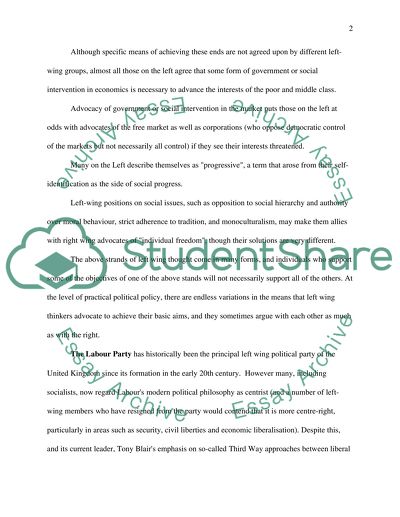Cite this document
(Main Political Parties in the UK Case Study Example | Topics and Well Written Essays - 1765 words, n.d.)
Main Political Parties in the UK Case Study Example | Topics and Well Written Essays - 1765 words. Retrieved from https://studentshare.org/politics/1528051-old-labour-new-labour
Main Political Parties in the UK Case Study Example | Topics and Well Written Essays - 1765 words. Retrieved from https://studentshare.org/politics/1528051-old-labour-new-labour
(Main Political Parties in the UK Case Study Example | Topics and Well Written Essays - 1765 Words)
Main Political Parties in the UK Case Study Example | Topics and Well Written Essays - 1765 Words. https://studentshare.org/politics/1528051-old-labour-new-labour.
Main Political Parties in the UK Case Study Example | Topics and Well Written Essays - 1765 Words. https://studentshare.org/politics/1528051-old-labour-new-labour.
“Main Political Parties in the UK Case Study Example | Topics and Well Written Essays - 1765 Words”, n.d. https://studentshare.org/politics/1528051-old-labour-new-labour.


